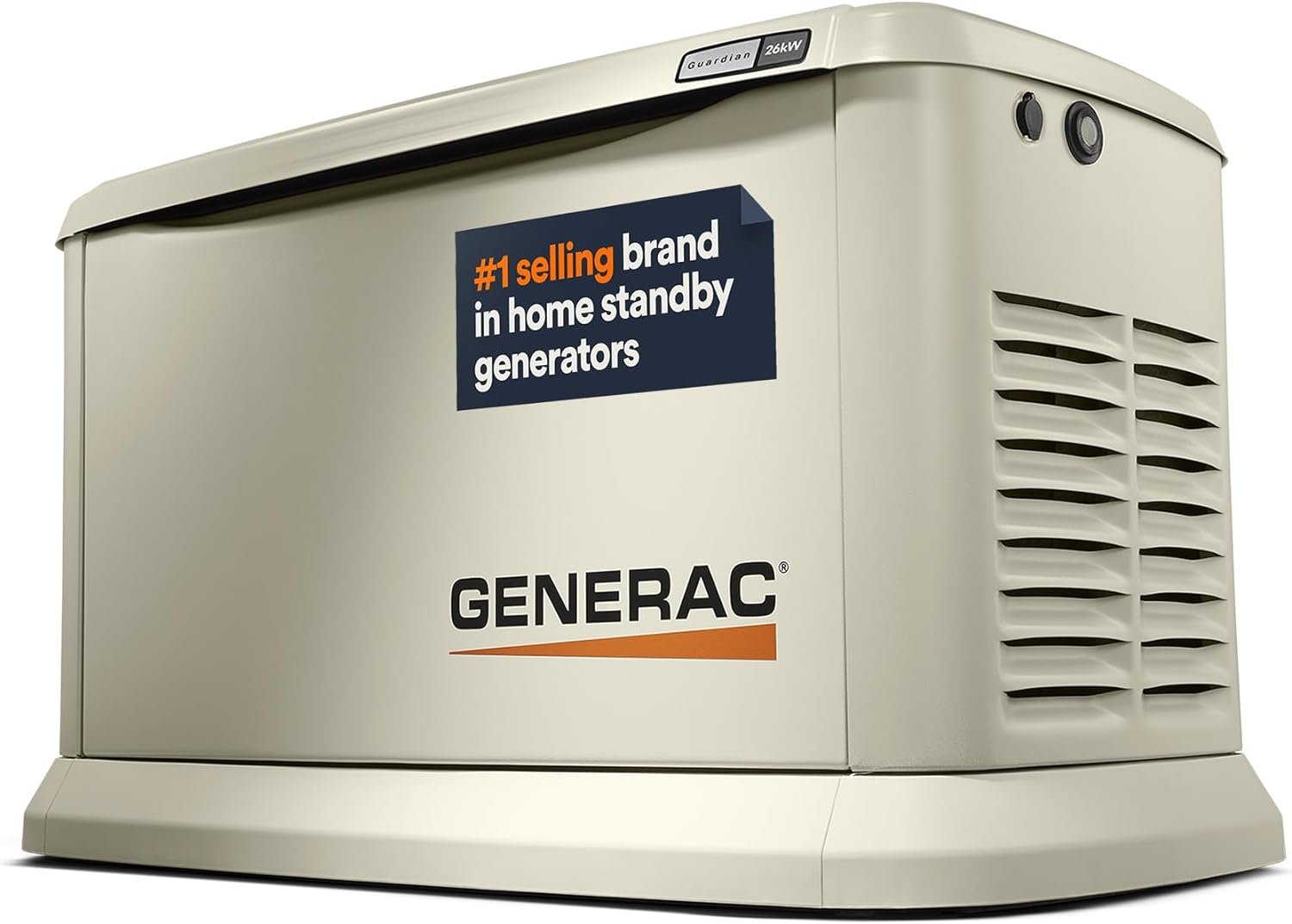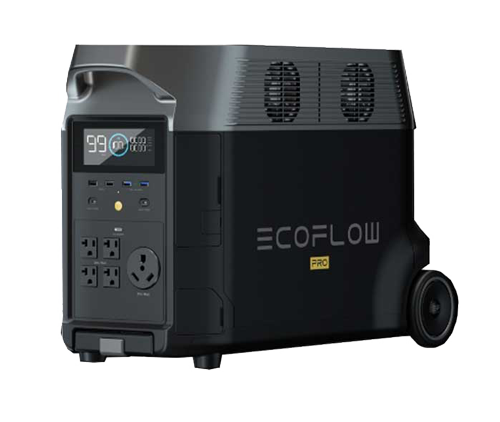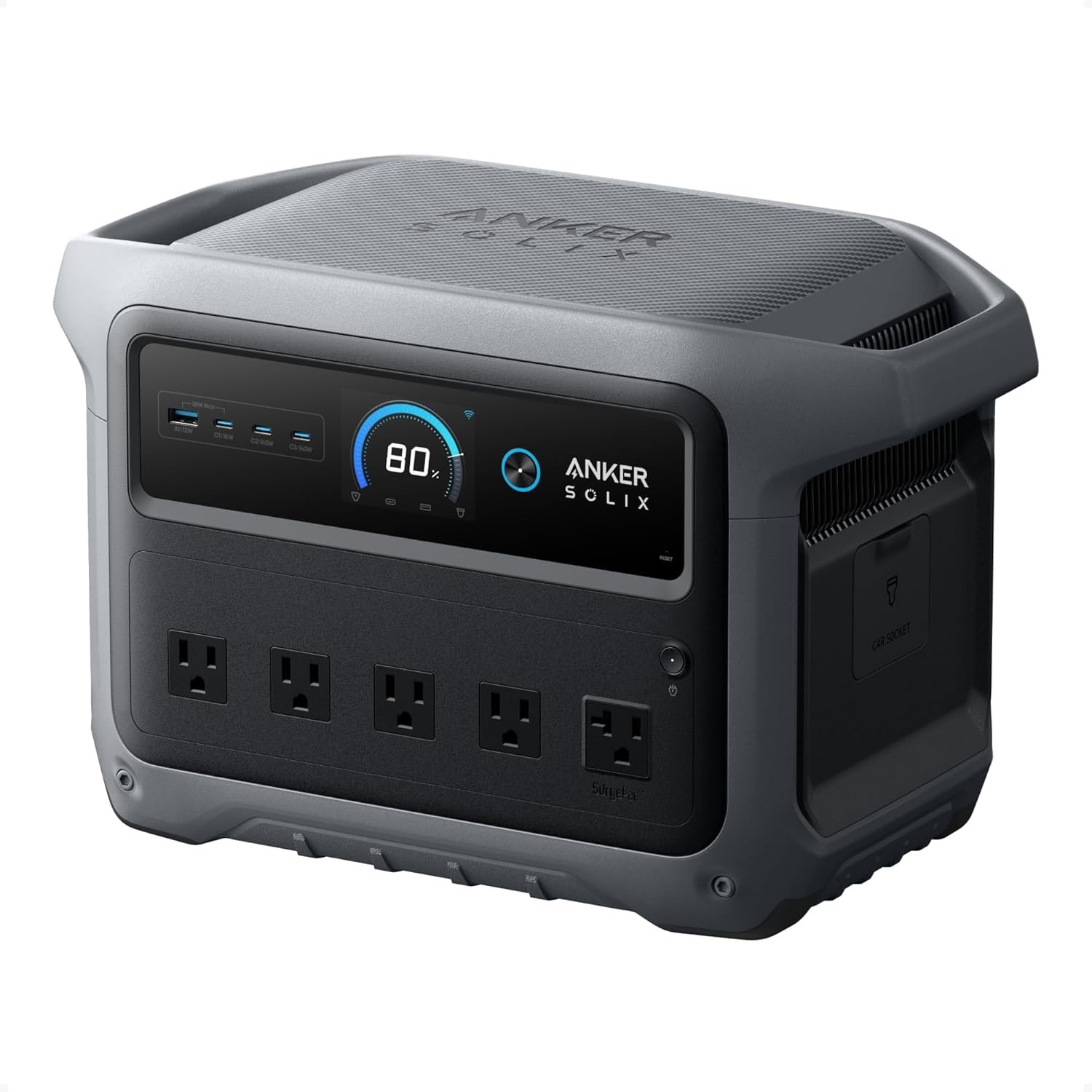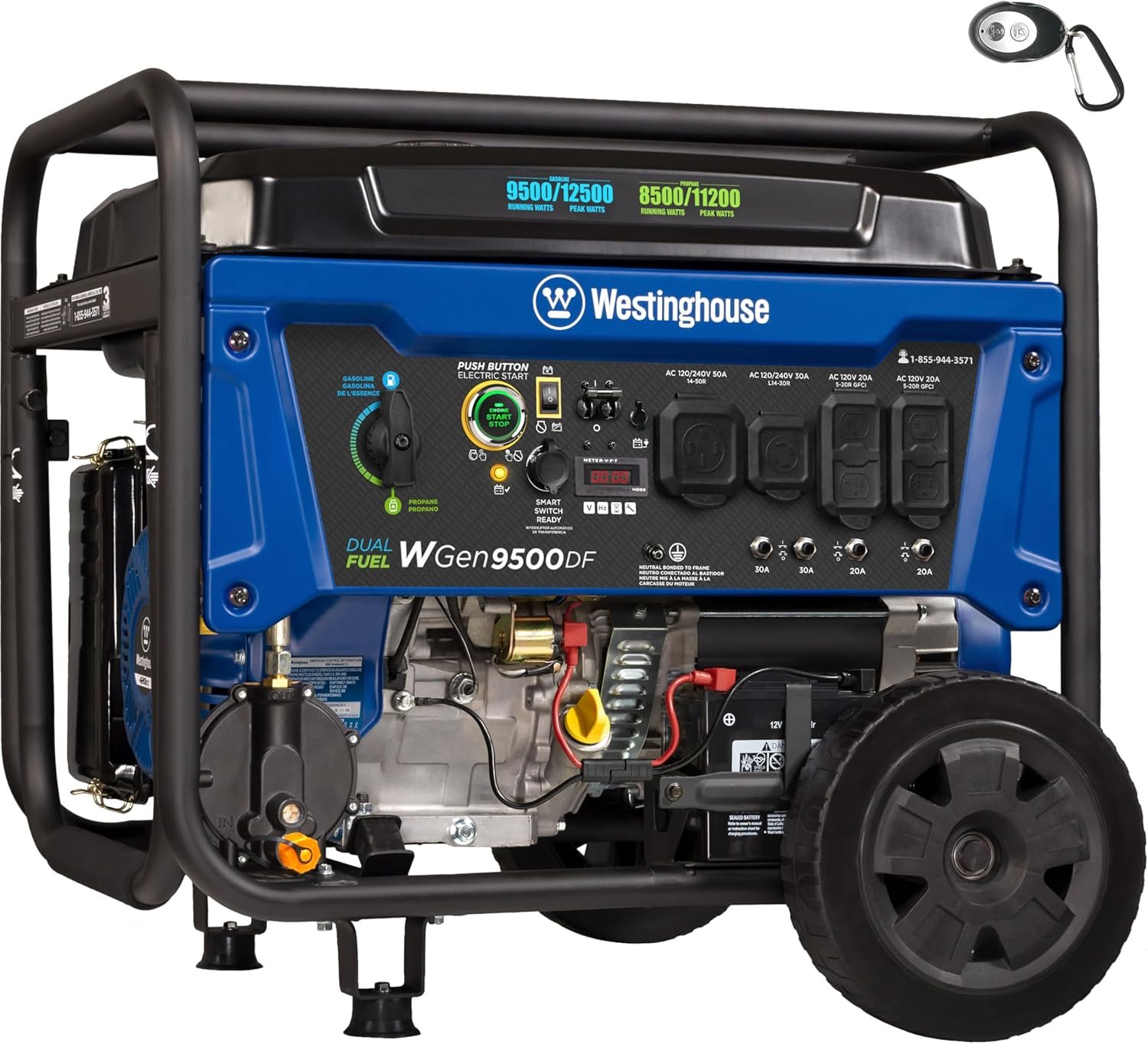|
10 People Are Viewing This Product Right Now |
Backup Generator for Solar System: The Ultimate Guide
Backup Generator for Solar System – When investing in a solar power system, ensuring a reliable backup generator is essential. While solar panels generate electricity during daylight hours, a backup generator provides power when the sun is not shining or during unexpected outages. In this comprehensive guide, we will explore everything you need to know about choosing the right backup generator for your solar setup.
Why Do You Need a Backup Generator for a Solar System?
While solar energy is a sustainable and renewable power source, it has some limitations. Cloudy days, nighttime, and seasonal variations can lead to inconsistent power generation. A backup generator ensures that your home or business remains powered when solar energy is insufficient. Key reasons for having a backup generator include:
- Power During Low Sunlight Hours – Provides electricity during the night and cloudy days.
- Emergency Backup – Ensures power supply during grid failures.
- Stable Energy Supply – Maintains continuous power flow, preventing fluctuations.
- Battery Charging Support – Helps recharge solar battery storage when solar input is low.

Types of Backup Generators for Solar Systems
- Diesel Generators
Diesel generators are among the most powerful backup power options. They are known for their durability and efficiency. However, they require regular maintenance and fuel storage. - Gasoline Generators
Gasoline generators are widely available and cost-effective for occasional use. However, they are not ideal for long-term use due to higher fuel consumption and shorter lifespan. - Propane Generators
Propane generators offer cleaner emissions compared to diesel and gasoline. They are a great option for homeowners looking for eco-friendly backup power. - Natural Gas Generators
These generators connect directly to the natural gas supply line, eliminating the need for fuel storage. They provide seamless operation with minimal maintenance. - Inverter Generators
Inverter generators are more energy-efficient and quieter compared to conventional models. They adjust power output based on demand, making them a good fit for solar-powered homes.
How to Choose the Best Backup Generator for Your Solar System
- Determine Your Power Needs
Calculate the total wattage required to run essential appliances during a power outage. This helps in selecting a generator with adequate capacity. - Consider Fuel Availability
Choose a generator type based on fuel accessibility in your area. For example, if propane is easily available, a propane generator is a viable option. - Generator Efficiency and Runtime
Look for generators with optimal fuel efficiency and longer runtime. Some models offer automatic start features, ensuring seamless transition during outages. - Noise Levels
If noise is a concern, opt for an inverter generator or models specifically designed for quiet operation. - Compatibility with Solar System
Ensure that the generator is compatible with your solar inverter and battery system. Some generators integrate seamlessly with solar storage systems for automatic backup activation.

Best Backup Generators for Solar Systems
- Fuel Type: Natural Gas/Propane
- Power Output: 9kW – 22kW
- Key Feature: Automatic power backup activation
2. Honda EU2200i Inverter Generator
- Fuel Type: Gasoline
- Power Output: 2,200 watts
- Key Feature: Super quiet operation and fuel efficiency
- Fuel Type: Gasoline
- Power Output: 7,500 watts
- Key Feature: Remote start capability and long runtime
4. Champion Dual Fuel Generator
- Fuel Type: Gasoline/Propane
- Power Output: 4,250 watts
- Key Feature: Dual fuel option for greater flexibility
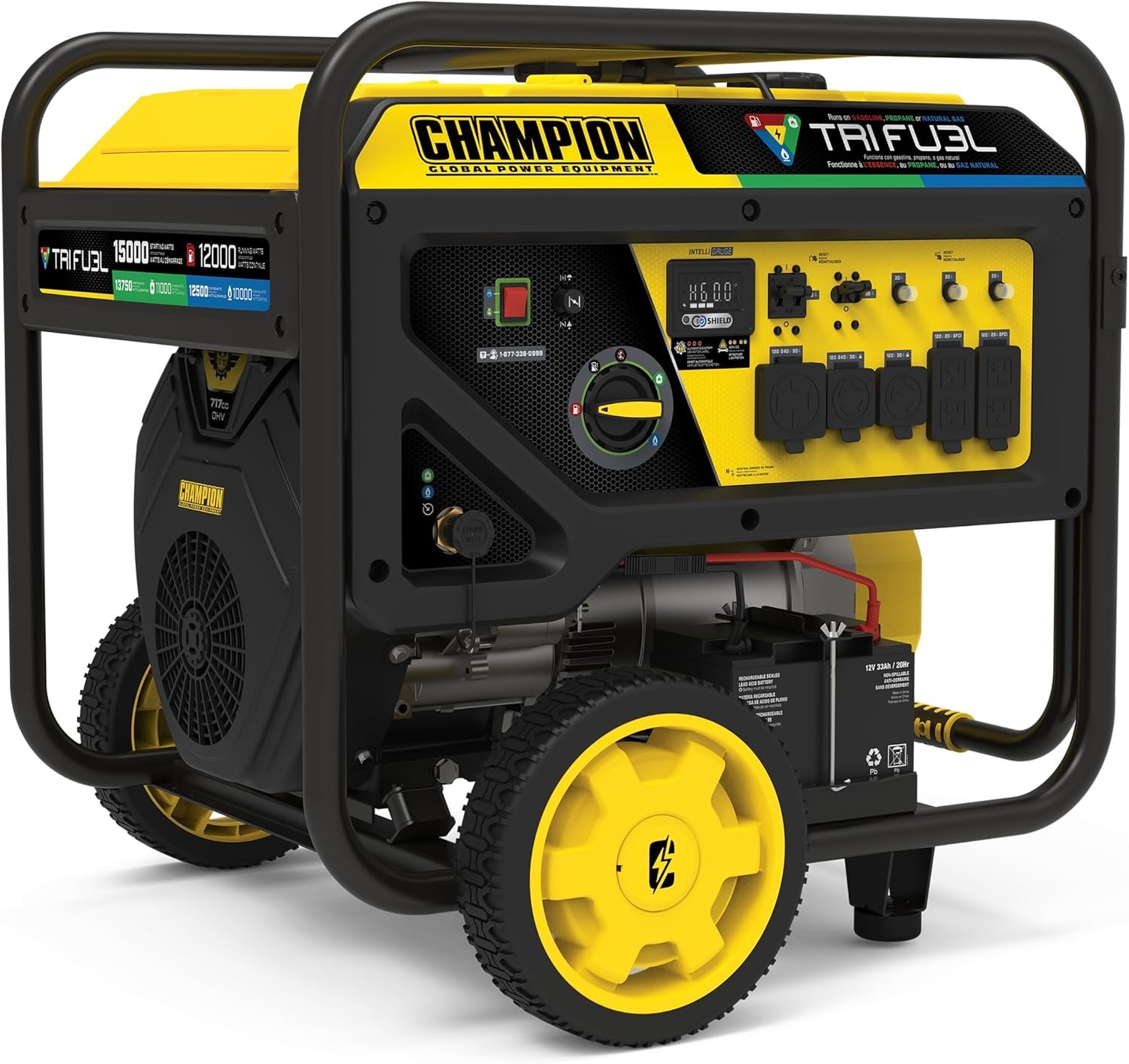
How to Install a Backup Generator for a Solar System
1. Choose the Installation Location
Select a well-ventilated outdoor area away from windows and doors.
2. Connect to the Solar System
- Use a transfer switch to ensure a smooth transition between solar power and generator backup.
- Ensure proper wiring and circuit breaker protection.
3. Test the System
Once installed, run a test to ensure a seamless switchover during power outages.
4. Perform Regular Maintenance
- Change fuel filters and oil regularly.
- Inspect connections and ensure that the battery backup is functioning properly.
Pros and Cons of Using a Backup Generator for a Solar System
| Pros | Cons |
|---|---|
| Provides power during outages | Requires fuel supply |
| Ensures a stable energy supply | Maintenance required |
| Compatible with solar storage systems | Initial cost may be high |
| Supports battery charging | Noise levels can be high |
Conclusion
A backup generator for a solar system is a crucial investment for ensuring an uninterrupted power supply. Whether you choose a gasoline, propane, or diesel generator, selecting the right model depends on your power needs, fuel availability, and budget. By integrating a reliable backup generator, you can maximize the benefits of your solar system while staying prepared for any power outages.

You Might Also Like
- Portable Lithium Battery Pack for Camping
- Konner Sohnen Inverter Generator Review: Super Quiet
- Jackery Generator 5000 Plus Review: 5040Wh Power Station
- Demotour Solar Generator Review: Full Charge in 60 Min
- COSTWAY 13000 BTU Review: Heat & Dehumidifier




